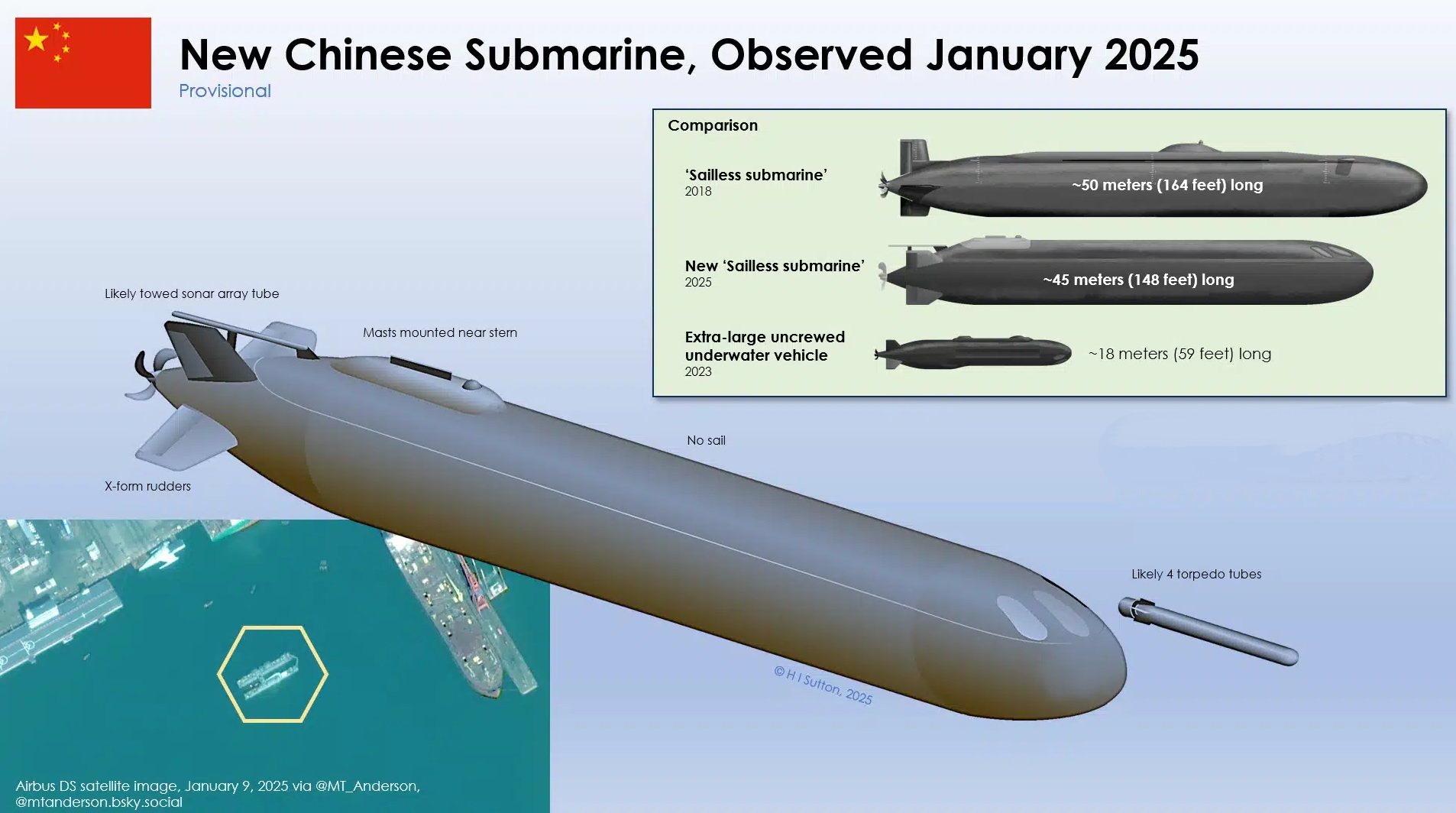US Completes Withdrawal from Niger Air Base, Shifts Focus to Agadez

The United States has completed its withdrawal from Air Base 101 in Niamey, Niger, marking a significant shift in its military presence in the region. This move follows a decision by Niger's transitional government, which came to power after a coup in July 2023, to terminate the military agreement with the U.S. The Pentagon announced the successful completion of the withdrawal on Monday, noting that the transition, which lasted almost two months, concluded ahead of schedule on July 7.
In a joint statement, the U.S. Department of Defence and the Nigerien Ministry of National Defence confirmed the closure of the U.S. compound on Air Base 101. The process culminated in a turnover ceremony, with the final departure of a U.S. Air Force C-17 Globemaster III marking the end of the American presence at the base. Despite the potential for complications, the withdrawal proceeded smoothly, ensuring a safe and orderly transition.
With the closure of Air Base 101, U.S. forces are now focusing on withdrawing from Air Base 201 in Agadez. The U.S. and Nigerien officials are working towards a complete withdrawal by September 15, 2024. Both parties have stressed their commitment to the safety and security of American forces throughout this process.
The withdrawal from Niger marks a significant change in the U.S. military's strategy in West Africa. Air Base 101 has been a crucial hub for U.S. operations in the Sahel region, supporting counterterrorism efforts and providing logistical support for missions across West Africa. The base in Agadez, known as Air Base 201, has also been vital, particularly in monitoring terrorist activities and providing support for drone operations.
The decision to withdraw came after Niger's transitional government decided to end the military agreement with the U.S., citing the interests of the Nigerien people. This development has prompted the U.S. to reassess its military footprint in the region, focusing on ensuring that the withdrawal is conducted responsibly and without jeopardizing the security of its forces.
As the U.S. completes its withdrawal from Niger, the future of its counterterrorism operations in the region remains uncertain. The Sahel region has been a hotspot for terrorist activities, with groups like Boko Haram, Al-Qaeda in the Islamic Maghreb (AQIM), and the Islamic State in the Greater Sahara (ISGS) posing significant threats. The U.S. has been a key player in efforts to combat these groups, providing training, intelligence, and logistical support to local forces.
The withdrawal from Niger may require the U.S. to find alternative bases and partnerships in the region to continue its counterterrorism efforts. The shift in focus to Agadez suggests that the U.S. is still committed to maintaining a presence in West Africa, albeit in a reduced capacity. How this will impact the broader strategy in the Sahel remains to be seen.
The completion of the withdrawal from Air Base 101 is a testament to the cooperation between the U.S. and Nigerien officials. Both parties have worked diligently to ensure that the process is conducted safely and efficiently, reflecting a shared commitment to the security and stability of the region.
As the U.S. military presence in Niger winds down, the focus will be on how the U.S. adapts its strategy to address the evolving security challenges in West Africa. The completion of the withdrawal from Agadez will be the next critical step in this process, marking the end of an era for U.S. military operations in Niger.



